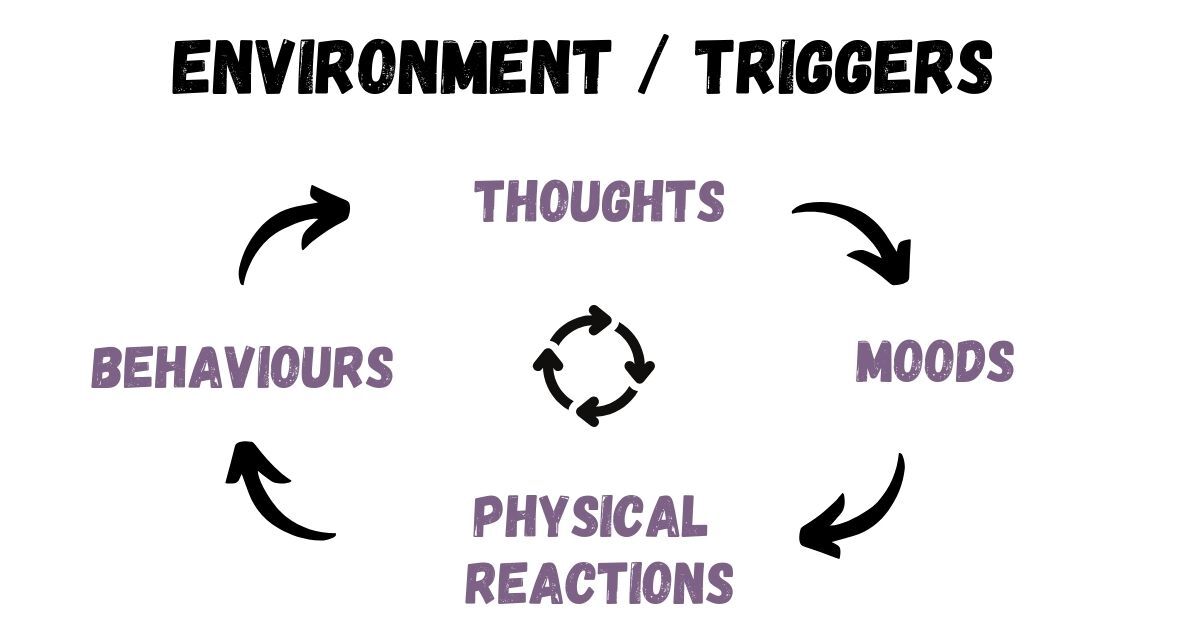Exploring Personality Types of Therapists: Empathy, Adaptability, and Beyond - Trillium Counselling
Therapists play a crucial role in helping individuals navigate the complexities of their emotional and mental well-being. While there is no one-size-fits-all personality type for a therapist, certain traits and qualities tend to be more prevalent among those who excel in this profession. In this blog, we will examine the personality types that often make for successful therapists and shed light on why traits like empathy, adaptability, and strong communication skills are key in this rewarding field.
The Human Connection: Empathy and Compassion
Empathy is often considered one of the most important traits for therapists. A therapist’s ability to understand and share in their clients’ emotions lays the foundation for a strong therapeutic relationship. Empathy allows therapists to offer genuine support, validate their clients’ feelings, and create an environment where clients feel heard and understood.
Therapists with high levels of empathy can step into their clients’ shoes and see the world from their perspective. This helps in fostering trust and openness, enabling clients to explore their emotions and challenges more freely. While empathy doesn’t equate to having personal experience with every issue a client faces, it does mean being attuned to the client’s feelings without judgment, which is a cornerstone of effective therapy.
Adaptability and Flexibility
Life is dynamic, and so are the challenges people face. Therapists need to be adaptable and flexible in their approach to different situations and clients. A rigid personality type may struggle to connect with a diverse range of clients, each with their unique needs and backgrounds. Therapists who are open to adapting their therapeutic techniques and strategies can tailor their approach to suit each individual, enhancing the effectiveness of their interventions.
Moreover, adaptability extends to the therapist’s own growth and development. The best therapists are those who continually seek to improve their skills, expand their knowledge, and embrace new therapeutic modalities. This requires a certain openness to change and a willingness to step outside of one’s comfort zone, both traits associated with adaptable personality types.
Patience and Resilience
Therapy is often not a quick fix; it’s a journey that requires time, effort, and patience. Therapists with patient and resilient personality types can navigate through the challenges and setbacks that clients might experience along the way. These therapists understand that progress isn’t always linear and that setbacks can be valuable learning opportunities. Patience enables therapists to provide consistent support, even when clients are struggling to make breakthroughs.
Resilience, both for the therapist and the client, is a vital trait. Therapists often deal with complex and emotionally charged content, and the ability to maintain their own emotional balance is crucial. A resilient therapist can provide a stable and supportive presence, even in the face of challenging topics or strong emotions.
Effective Communication Skills
Communication lies at the heart of therapy. Therapists must be able to communicate effectively, not only in terms of articulating ideas clearly but also in actively listening and responding to their clients. A therapist’s ability to ask thoughtful questions, encourage reflection, and facilitate productive discussions helps clients gain insights into their thoughts and behaviors.
An empathetic therapist can understand when to listen actively and when to guide the conversation. Effective communication skills also enable therapists to gently challenge clients’ negative thought patterns, helping them reframe their perspectives and work towards positive change.
Conclusion
While there isn’t a one-size-fits-all personality type for therapists, certain traits consistently stand out as essential for success in this field. Empathy, adaptability, patience, resilience, and effective communication skills are all crucial attributes that allow therapists to connect with their clients and facilitate meaningful growth and change.
It’s important to note that while possessing these traits can enhance a therapist’s effectiveness, individuals with various personality types can still excel in this profession. Therapy is a multifaceted field, and the diversity of therapists’ personalities ensures that a wide range of clients can find the right fit.
Ultimately, the goal of therapy is to provide a safe and supportive space for individuals to explore their emotions, gain insight into their experiences, and develop coping strategies. Whether a therapist possesses an innate ability for empathy or cultivates adaptability over time, their commitment to helping others navigate life’s challenges is what truly matters.
%20(1).png?width=200&height=80&name=Trillium%20Counselling%20Logo%20(999%20x%20398%20px)%20(1).png)


